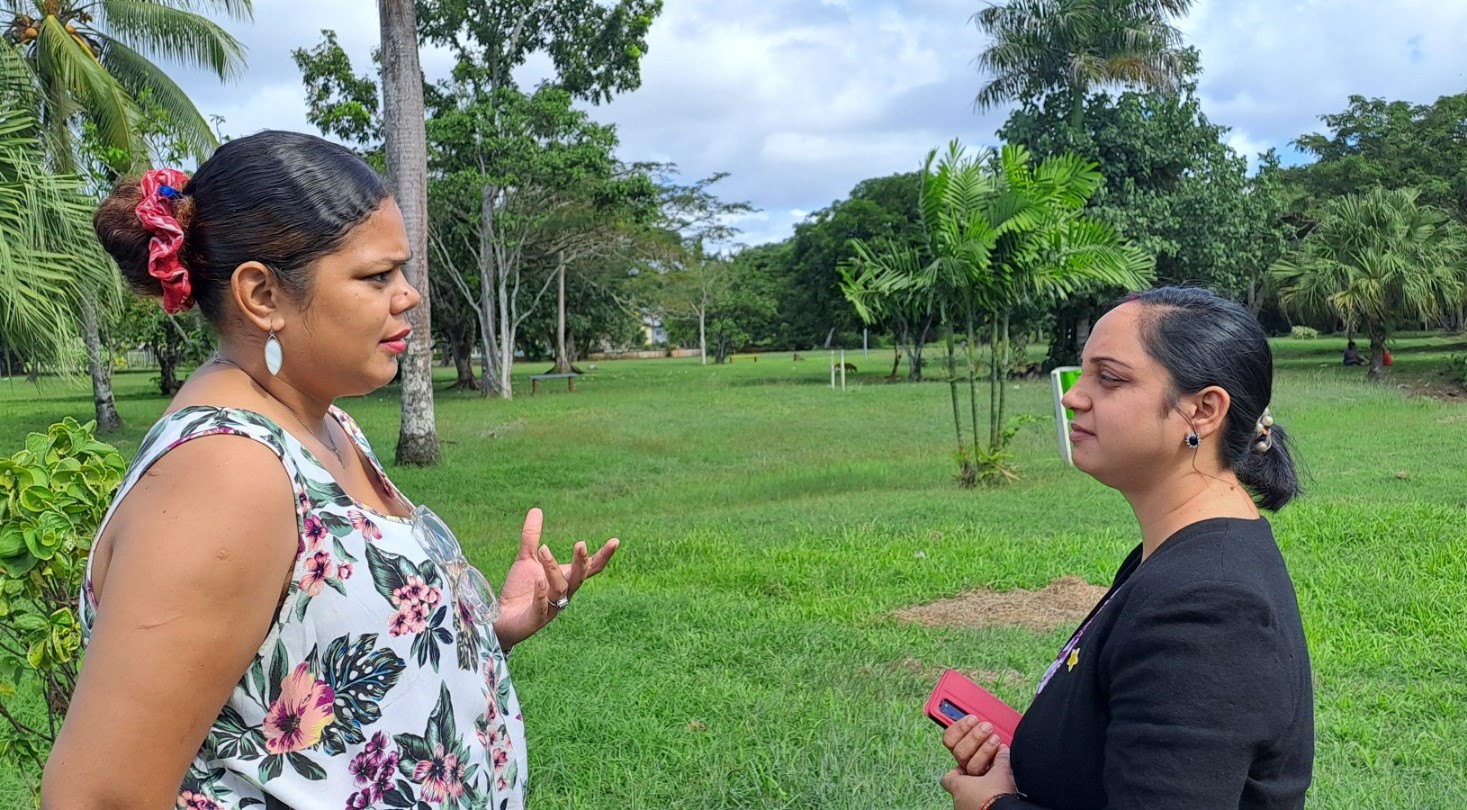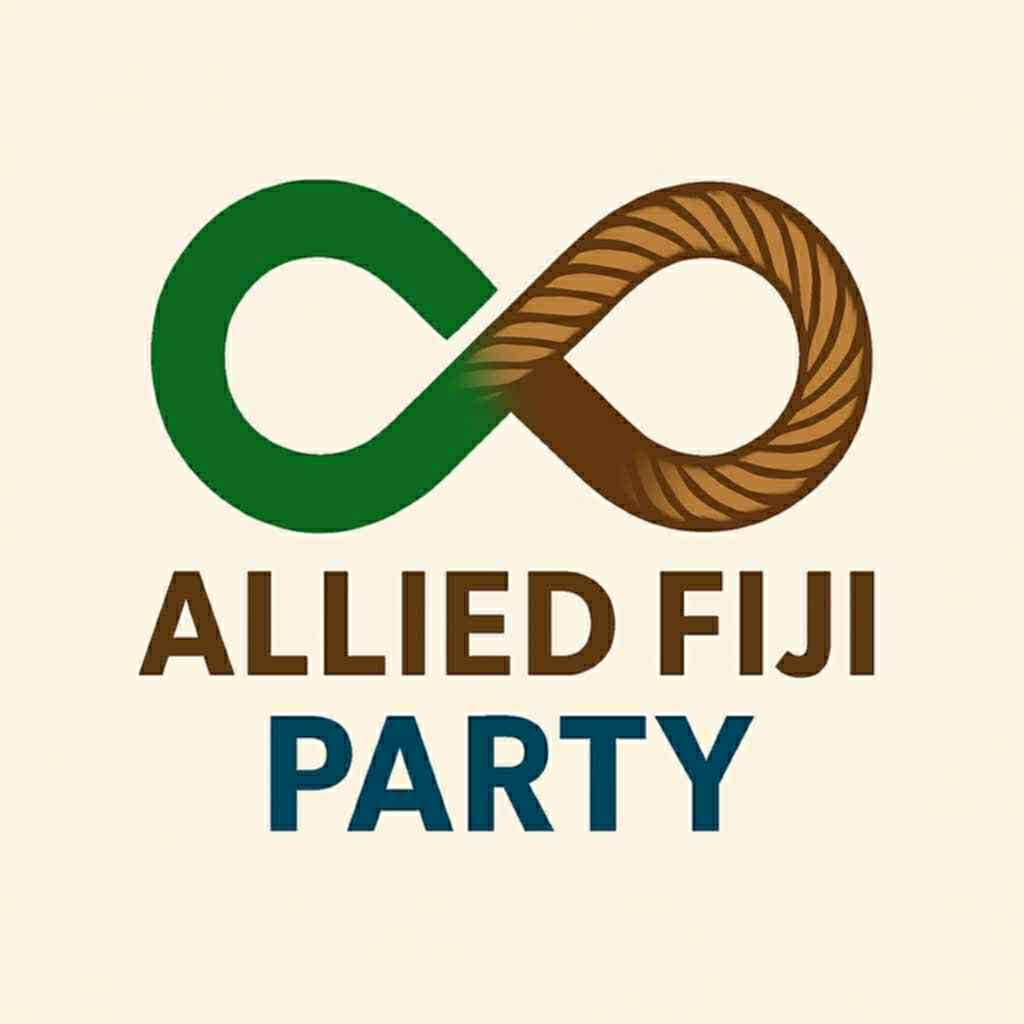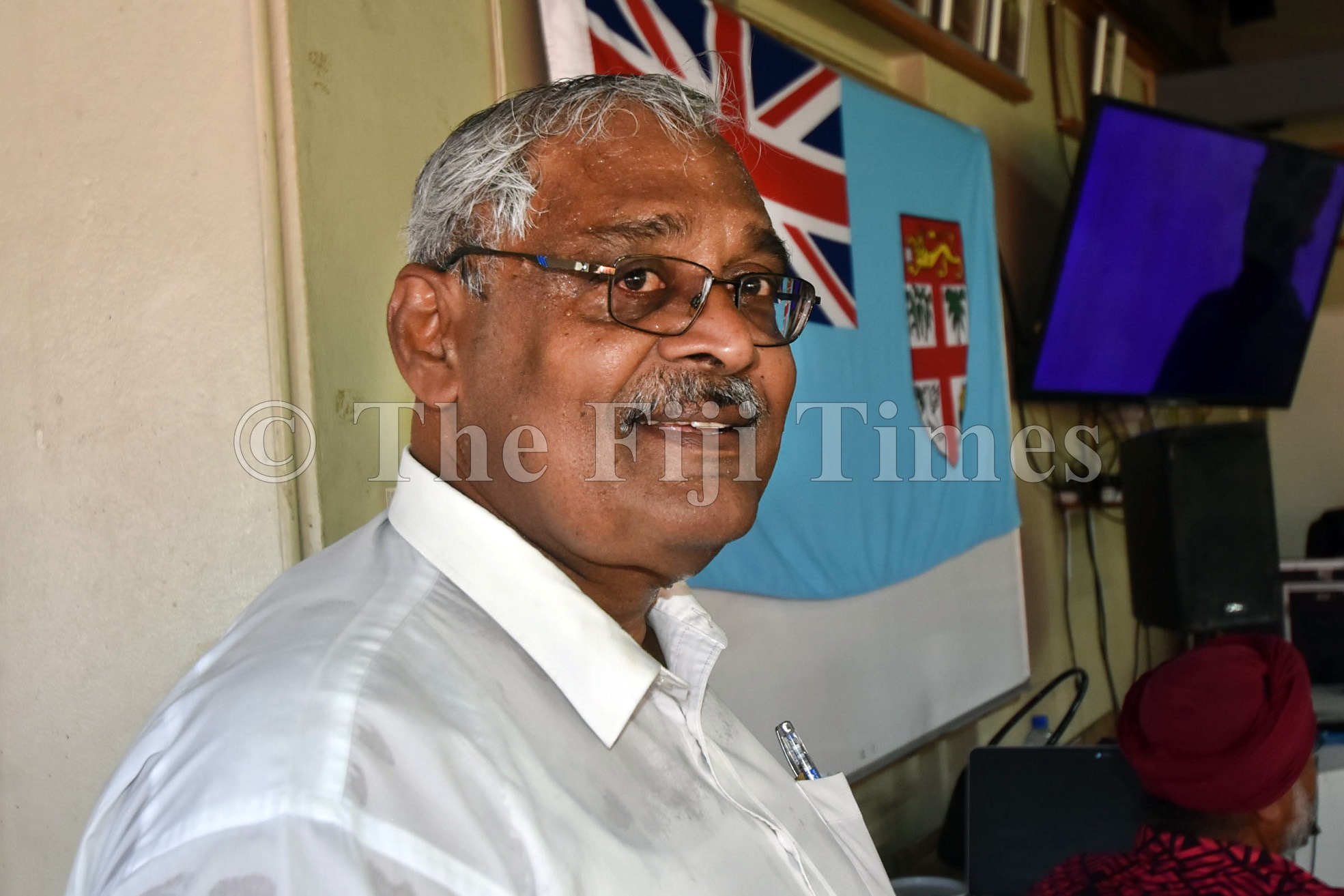It is a disease that sends shivers down the spines of many people at the mention of its name.
This fear is intensified when people have to get their blood tests done, especially pregnant women.
Such was the case when a 32-year-old pregnant woman was told by medical staff in Labasa to go for a HIV blood test. We will refer to the woman as ‘client’.
Feeling anxious, a lot of questions popped up in her mind.
She asked doctors and nurses a lot of questions because she felt worried as she was living with her third partner, did not use contraceptives and had a few tattoos on her body.
The medical team referred her to Empower Pacific for counselling assistance under a partnership the NGO has with the Ministry of Health & Medical Services.
In 2003, a Memorandum of Understanding between the ministry and Empower Pacific (then Pacific Counselling & Social Services) was established to deliver specialised HIV and Sexually Transmitted Infections (STIs) focused initiatives in major antenatal clinics, and the general and special outpatients’ departments of selected hospitals.
The primary targets of such initiative were pregnant women and their spouses/partners, with the aim to raise awareness, increase understanding, provide counselling and advocate for HIV and STI testing as a means of reducing the spread of HIV/AIDS and STIs.
Over the years till the withdrawal of the program in 2019, Empower Pacific provided HIV/AIDS and STI Voluntary Counselling and Testing (VCT) services to more than 12,000 pregnant women in Fiji’s three divisional hospitals.
Human Immunodeficiency Virus (HIV) is an infection that attacks the body’s immune system while Acquired Immunodeficiency Syndrome (AIDS) is a number of life-threatening infections and illnesses that affects someone when the HIV virus severely damages the immune system.
Empower Pacific counsellor in Labasa, Sivashni Devi Shankar said the client was psycho-educated on HIV and AIDS.
Ms Shankar explained to the client during the counselling session what HIV and AIDS do to the human body and how important it was for her, as a pregnant woman, to have her blood tested.
The client said a staff nurse made an appointment for her with Empower Pacific and she met the counsellor with a lot of questions on her mind.
“The session I had with my counsellor was helpful. I was able to share my own views, thoughts, feelings and also end up sharing my emotions during this fourth pregnancy,” she said.
“With the help of brochures on HIV, the counsellor helped me understand about HIV and the importance of having the test.
“The counsellor reminded me of the risks. Her words of guidance gave me the courage that whatever the result, I should accept it.
“I tried to be positive as my baby was more important than my own life so it was a challenge that I had to conquer whatever circumstances stood in my way.”
The client said weeks passed and the moment for her to get her blood test result arrived.
“I went inside the room for the follow up counselling session and I saw the counsellor smiling. I learned that I was negative for HIV.
“I was very happy and my eyes filled up with tears but at the same time a thought came in my mind. What if someone else receives the result as positive?”
The client said the counsellor helped her with information about the ‘window period’, where a blood test may need to be repeated in one to three months even if it was initially negative.
She said that she was grateful for the opportunity to seek counselling and for whatever she learned about HIV/AIDS.
“I’ve a fair understanding that currently there is no cure for HIV but there are very effective drugs that enable most people with the virus to live a long and healthy life.
“But if someone is diagnosed with HIV, then it’s good that you get medical treatment and take your medicines every day as recommended by the doctor.”
The client said she also learned that with an early diagnosis and effective treatment, most people with HIV would not develop AIDS related illnesses and would live a near-normal life.
She was also grateful for the brochures given to her by the counsellor.
According to the World Health Organization, there is no cure for HIV infection.
However, with access to effective HIV prevention, diagnosis, treatment and care, including for opportunistic infections, HIV infection has become a manageable chronic health condition, enabling people living with HIV to lead long and healthy lives, says the WHO.
People facing issues affecting their mental health should not hesitate to call the Empower Pacific 24/7 toll-free counselling helpline 5626, which is supported by the New Zealand Ministry of Foreign Affairs & Trade, and talk to a qualified counsellor.
- n AVINESH GOPAL is Empower Pacific’s media and communications officer based in Lautoka. The views expressed in this article belong to the author and do not necessarily reflect the views of this newspaper.






